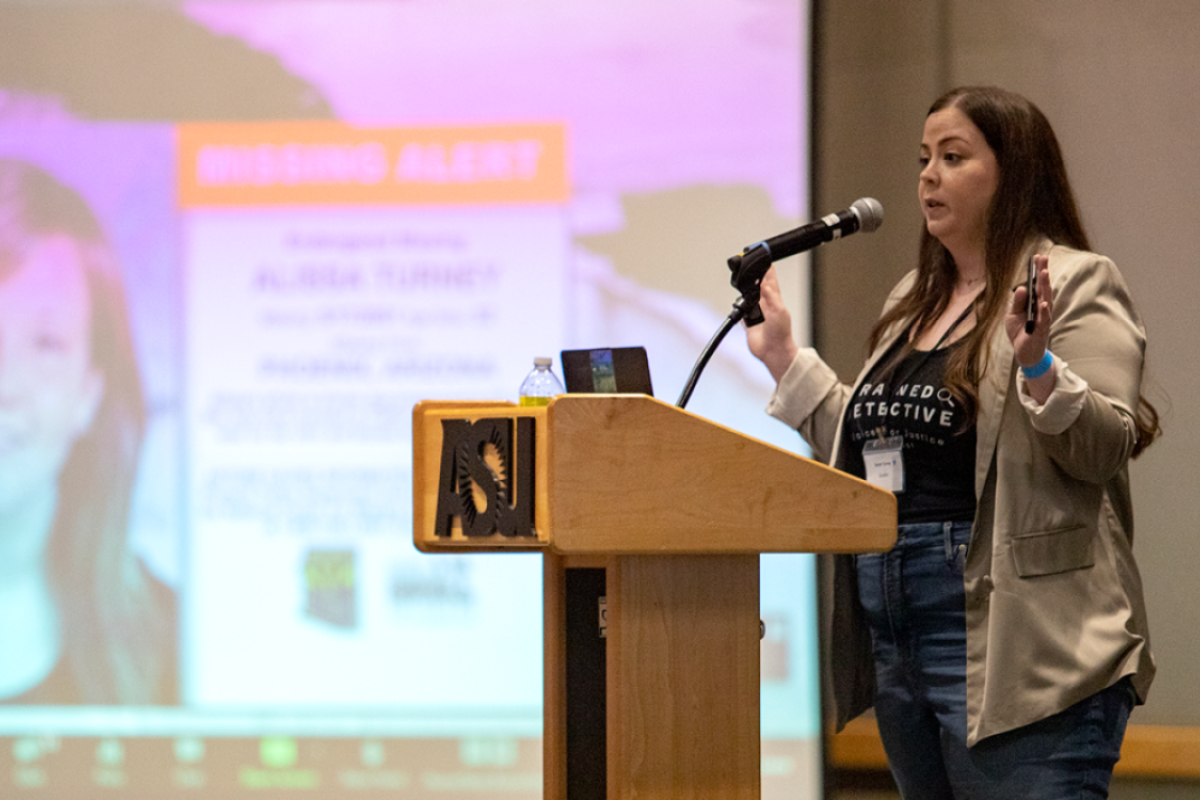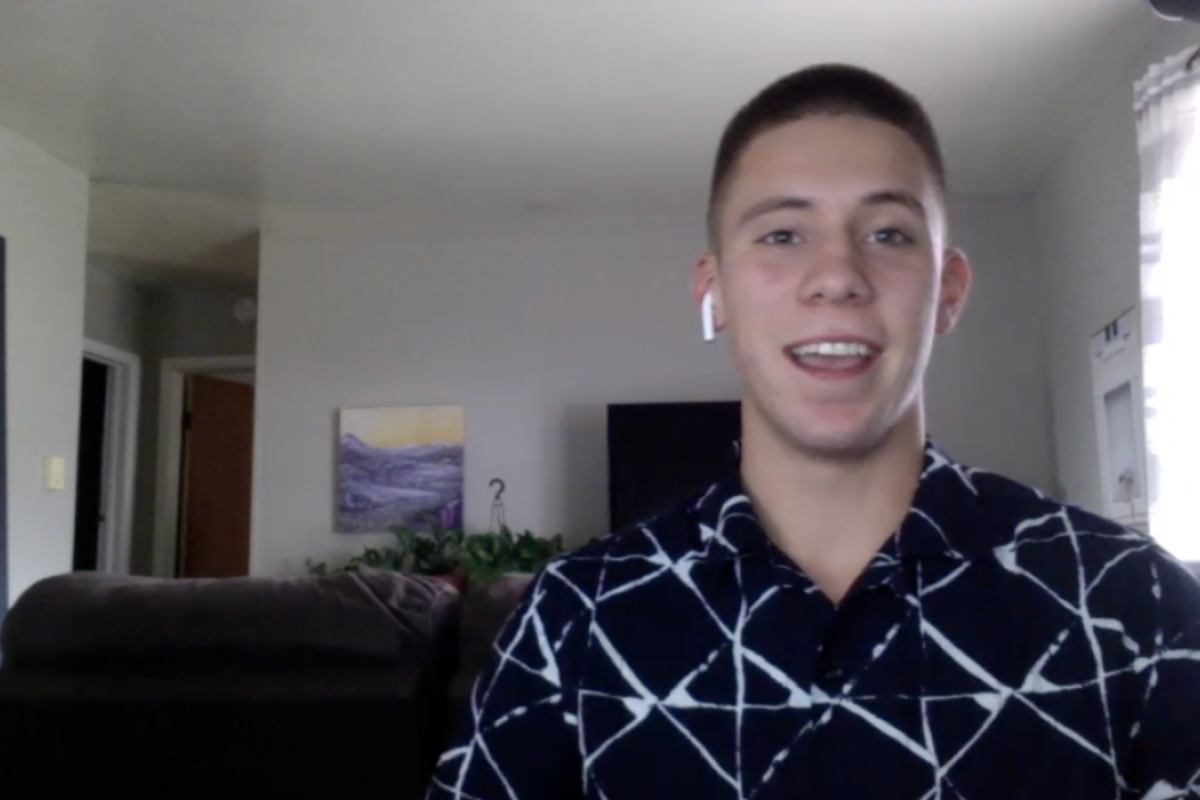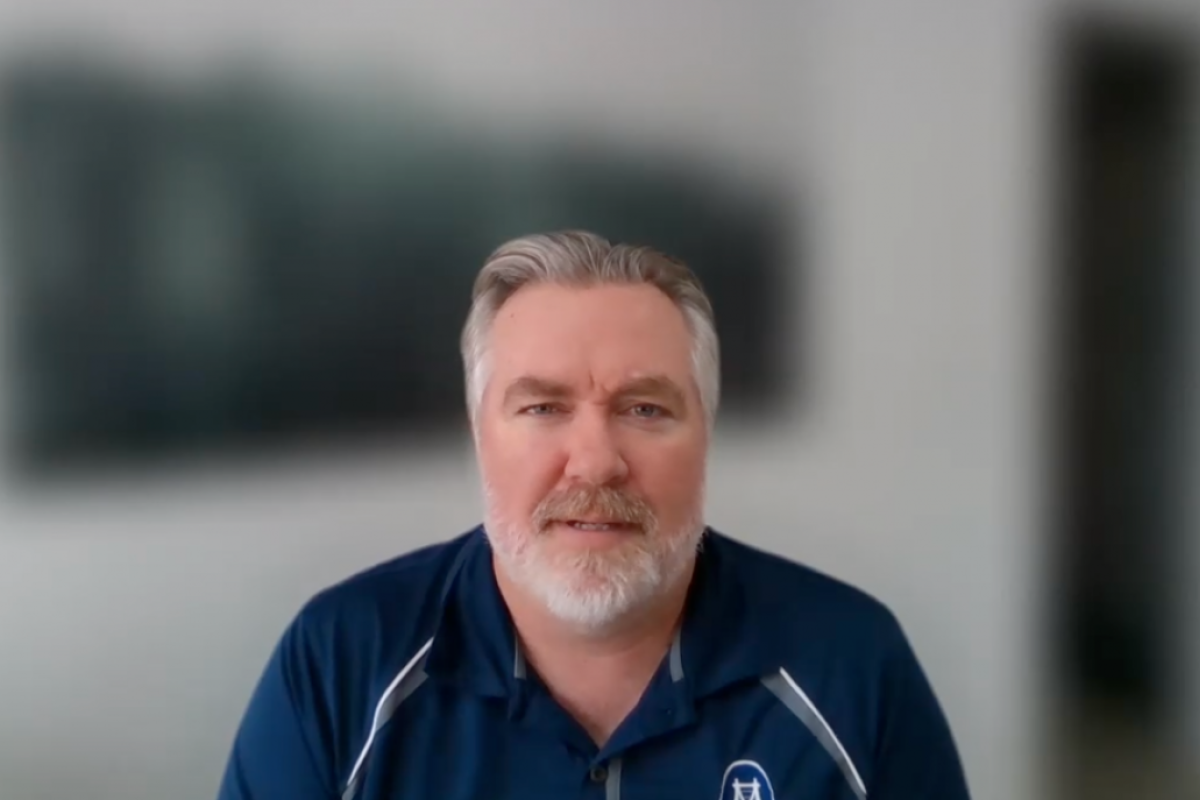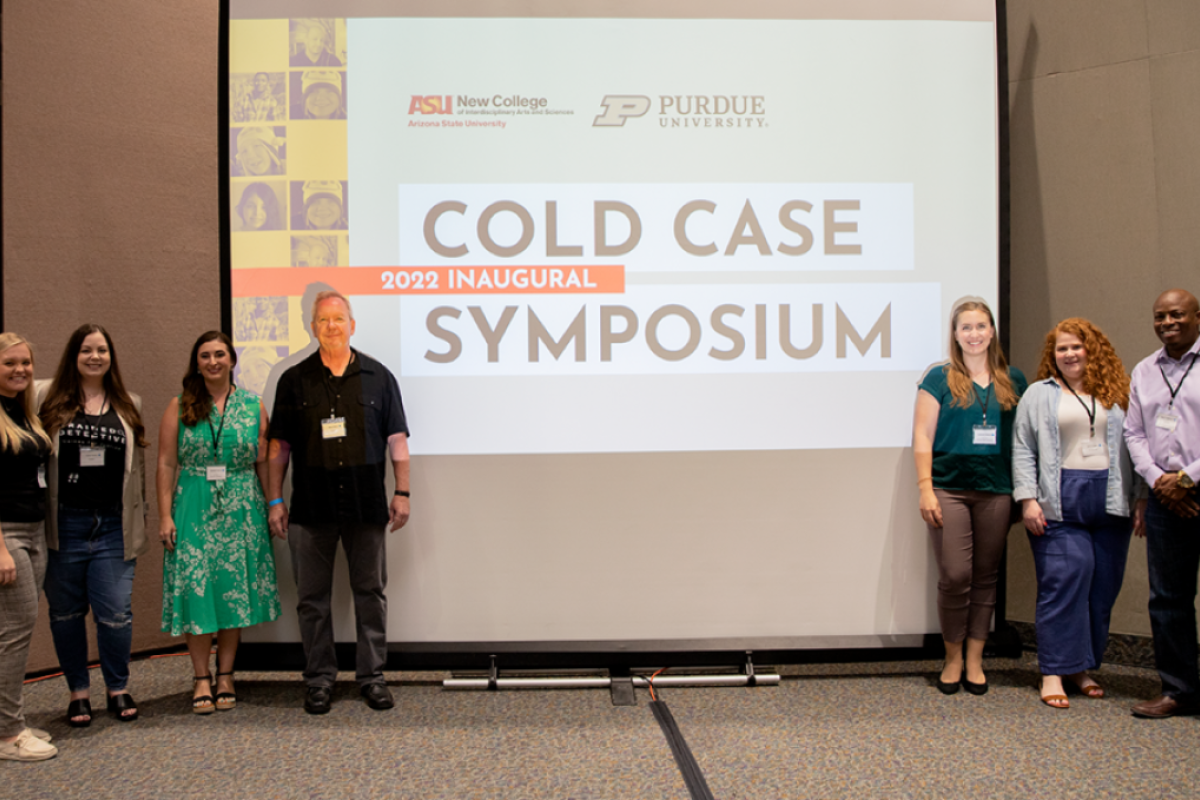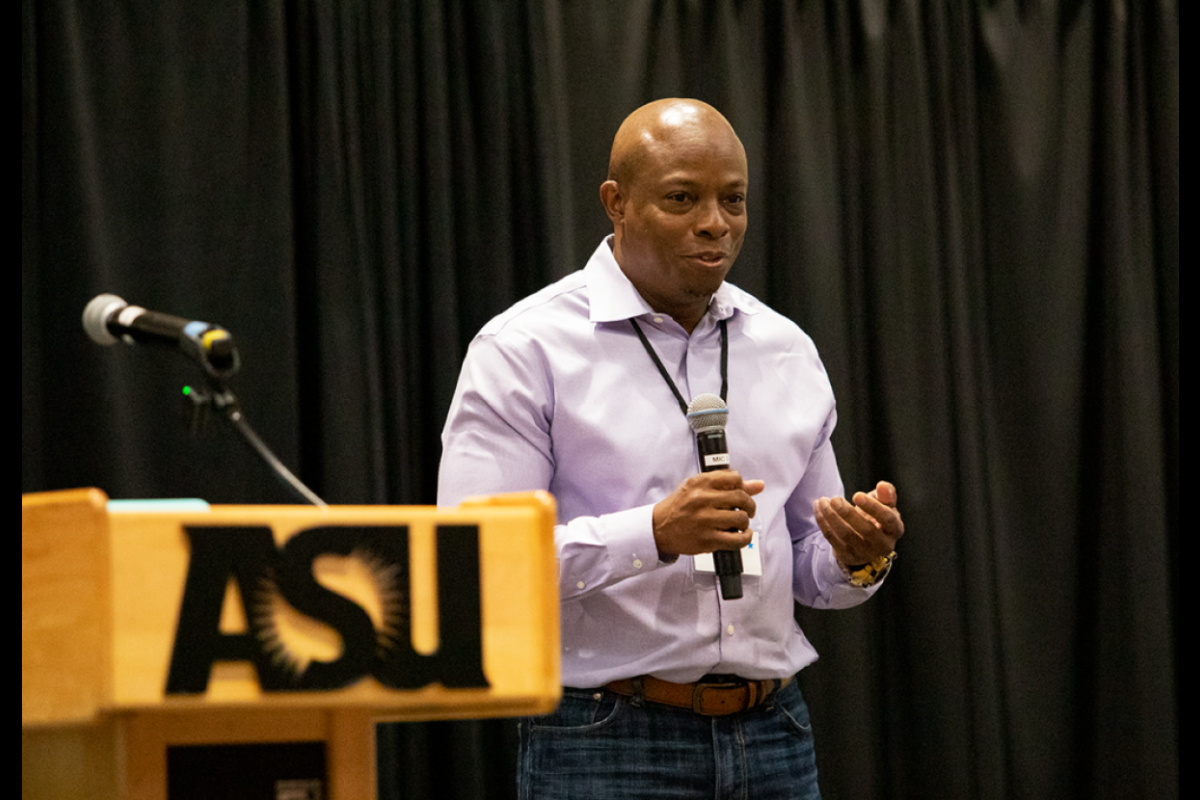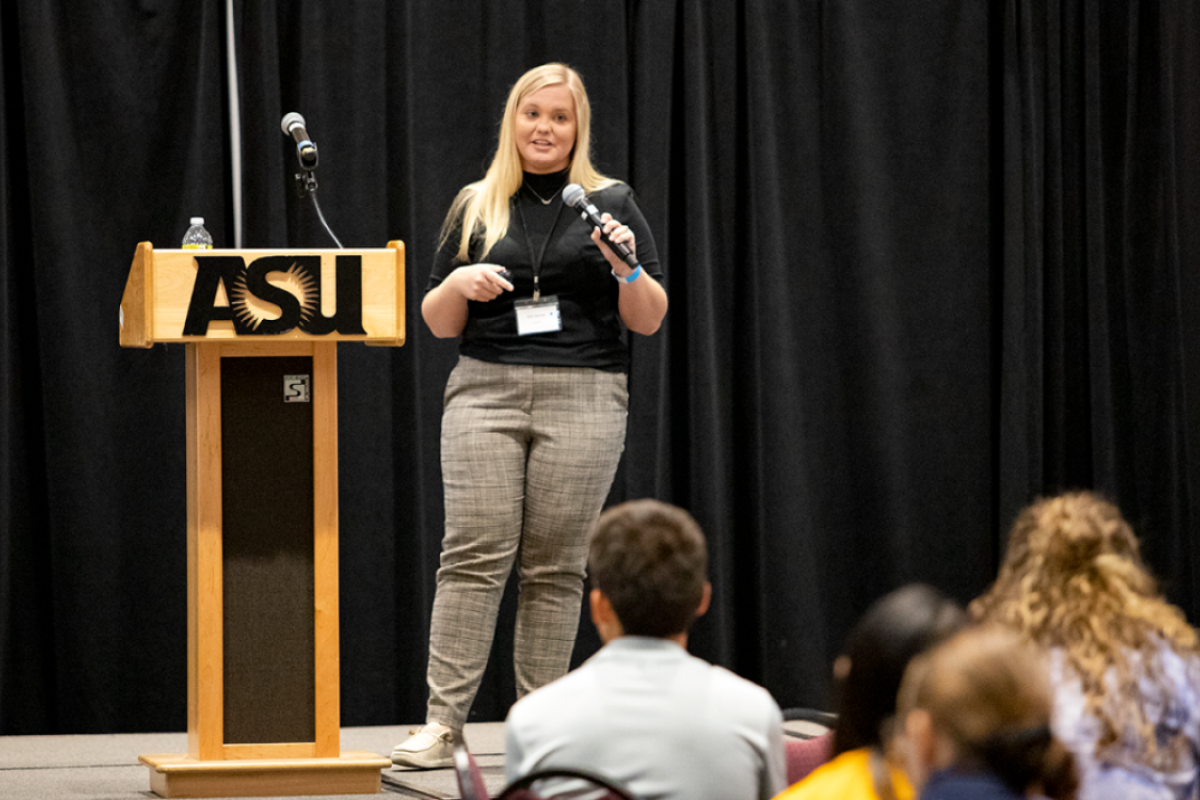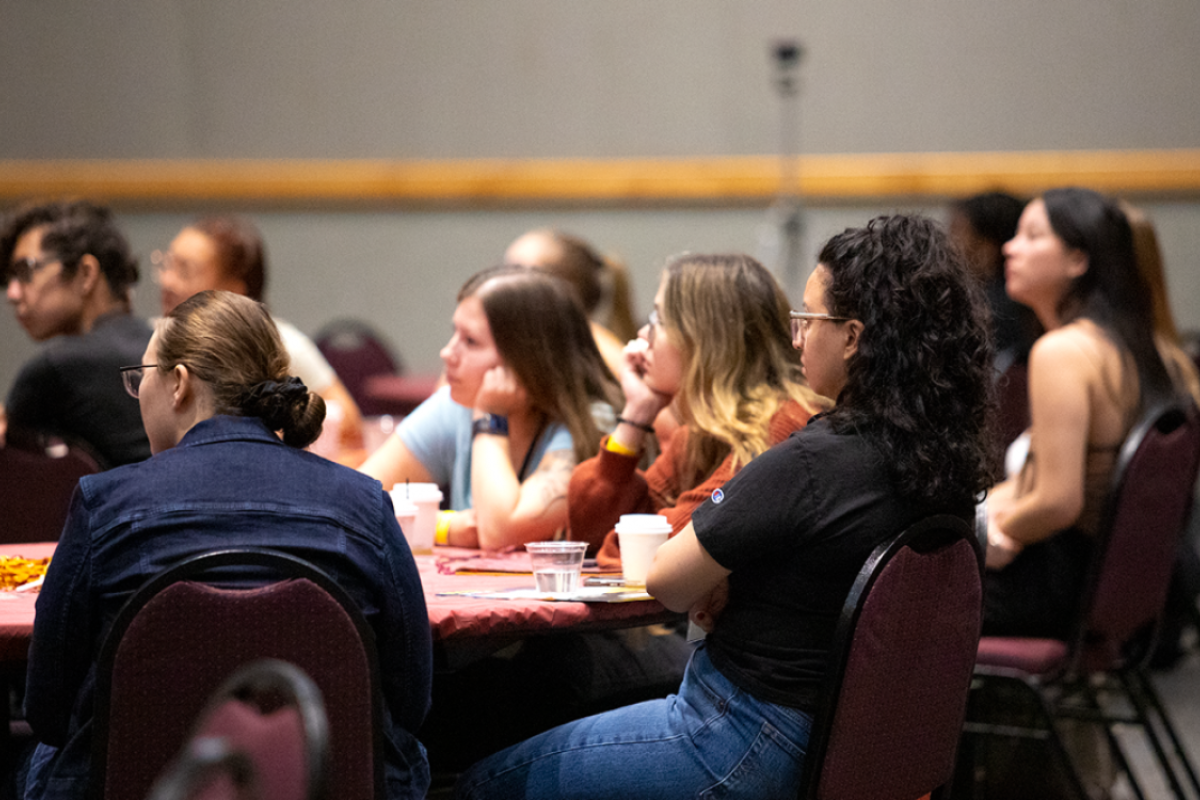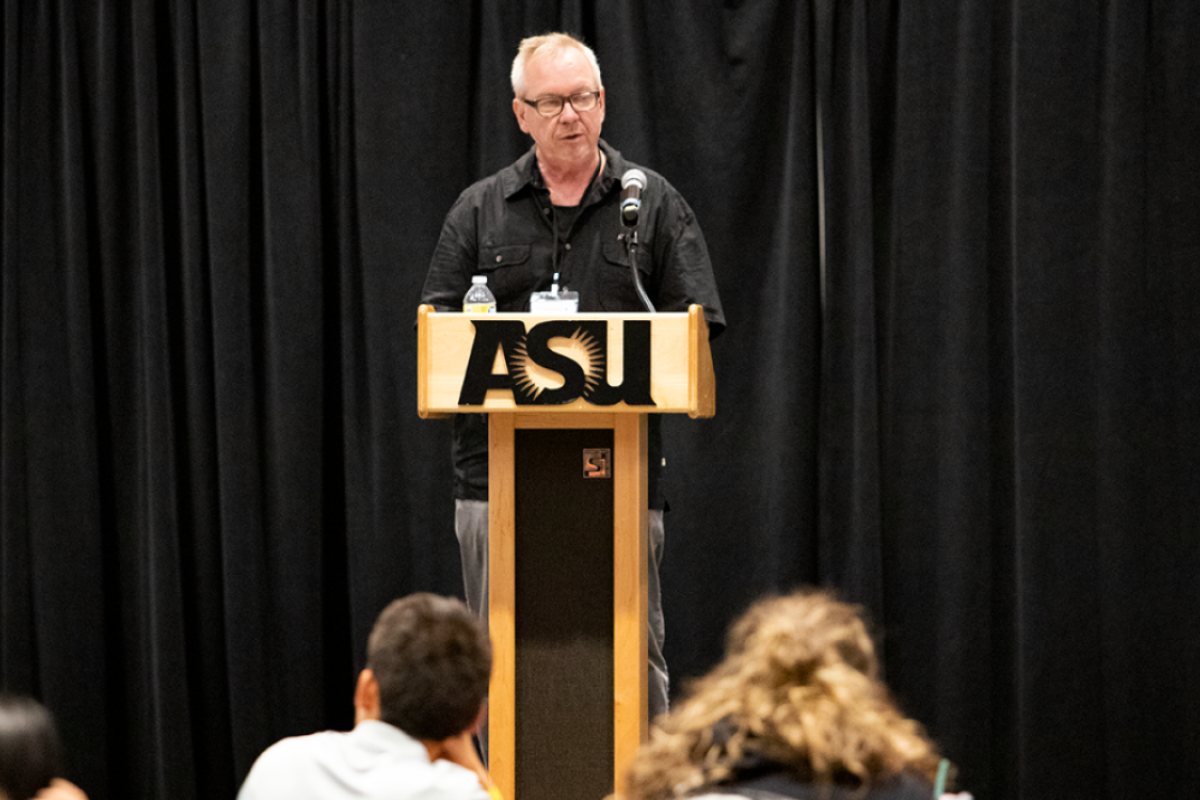Families, ASU faculty shed light on cold case crisis at ASU symposium

Krystal Hans (left), an assistant professor of forensic entomology at Purdue University, leads a Q&A panel discussion with speakers (left to right) David Robinson II, Ethan A. Ristow, Kelsi German and Sarah Turney at the first-ever Cold Case Symposium at ASU's West campus on Sept. 23.
In the United States, there are over 270,000 cold cases — unsolved criminal cases of homicide or missing persons that remain open pending the discovery of new evidence. Behind each of these cold cases there are thousands of families, friends and loved ones that are left without answers.
This topic and more were discussed last week at the New College of Interdisciplinary Arts and Sciences’ first-ever Cold Case Symposium. At the event, over 300 community members, faculty, experts, students and staff came together, both in-person and virtually, to better understand this crisis, bring awareness to local cold cases and explore some of the work being done to address this growing problem.
The event, co-hosted with the Purdue University College of Agriculture’s Department of Entomology, took place at Arizona State University’s West campus in recognition of National Forensic Science Week.
“This event is the first of its kind where it's bringing together academics, students, family members, advocates and organizations to build a collective community of people that have the same goal and the same interest,” said Krystal Hans, an assistant professor of forensic entomology at Purdue University.
“We are talking about ways that we can build this network, support these cases and aid in these investigations, whether it's from a student that wants to find out how they can get involved, or a community member that wants to hear more about a case and wants to share that in their community. We’re just looking to bring all of these people together to help support cases that are in need.”
Disparities in cold cases
Although cold cases are a topic that many are familiar with, one of the goals of the event was to encourage attendees to go beyond entertainment and gain a deeper understanding of the lives that are impacted by cold cases.
The event began with an introduction from the organizers Hans and Lauren Weidner, an assistant professor in the School of Mathematical and Natural Sciences.
In their overview of cold cases, they shared that one of the reasons cases go cold is the lack of resources and a centralized location to access information. In the U.S., only 7% of police departments have a dedicated cold case unit, and only 20% have a protocol for initiating cold case investigations.
Hans and Weidner also touched on the racial disparities seen in media coverage of missing persons. Although nearly 40% of missing persons are people of color, experts agree that the coverage of white and minority victims is disproportionate.
“One thing that we see is very striking is that vulnerable communities are impacted the most,” Hans said. “Every case deserves as much attention as the Gabby Petito case received. Daniel Robinson and Lauren Cho should be names that we all know well. It's unfortunate how many cases don't get that kind of attention and community support.”
Families seeking justice
During the event, attendees first heard from David Robinson II, the father of Daniel Robinson, who went missing in June 2021. Daniel Robinson, a 24-year-old geologist, was last seen leaving his work site in Buckeye, Arizona. In July 2021, his vehicle was found about two and a half miles from the work site in a remote part of the desert. Although his vehicle was recovered, he has still not been found.
David Robinson II, an Army veteran, spoke about how he moved from South Carolina to Arizona to search for his son and has continued his unwavering fight for answers over one year later. He founded the Daniel Robinson Foundation to provide help for families who are experiencing a similar situation.
Kelsi German took the stage next to speak about the murder of her sister, Liberty German and her best friend Abigail Williams. Liberty German and Williams were murdered in February of 2017 in Delphi, Indiana. The crime remains unsolved to this day, despite video evidence found on Liberty German’s cell phone.
Since 2017, Kelsi German has become an advocate for her sister and other family members fighting for answers. She is a recent graduate of Purdue University with degrees in forensic science and psychology.
Ethan A. Ristow went on to speak about his son, Ethan B. Ristow, a 38-year-old man who has been missing since August 2021. He was last seen in the desert near the border of Fountain Hills, Arizona. At the time of his disappearance, he was with his wife and two sons and became separated from his family and has not been seen since. Ethan A. Ristow continues his tireless searches for his son, and has started a YouTube channel in an effort to bring greater public awareness.
New College alumna Sarah Turney was the final speaker during the morning session. Sarah is the sister of Alissa Turney, a 17-year-old woman who went missing in May 2001. Sarah, the host of podcasts Voices for Justice and Disappearances, spoke about the power of social media in missing persons cases.
After searching for answers in her sister's case for years, Sarah took to TikTok in the hopes that the case would gain media exposure. Her videos began going viral and with a renewed public interest in Alissa’s case, an arrest was made in August of 2020.
Following the individual speakers, attendees had the opportunity to ask questions during a live Q&A panel discussion.
Students and organizations dedicated to finding answers
In addition to hearing directly from families impacted by cold cases, attendees also heard from students and organizations working on cold cases.
Brayden Johnson, an undergraduate student from Purdue University, shared work he had done on a cold case and what he learned from the experience via Zoom. In a course taught by Hans, Johnson researched the cold case of Janet Shirar, the great aunt of his fiancée who was murdered in 1980. Through this experience, Johnson was able to uncover new details in the case
“It wasn't just about finding any information. It was about finding information that had been overlooked or needed a new pair of eyes — something that could push the investigation even an inch toward a solution,” Johnson said.
The final speaker of the day was Ryan Backmann, the founder of Project: Cold Case, an organization based out of Jacksonville, Florida. Project: Cold Case was founded in 2015, after Backmann’s father was murdered in 2009. The organization works with families around the U.S. who have lost loved ones in a cold case to provide resources and support. Over 1,000 cases have been submitted by families and law enforcement to be featured on the Project: Cold Case website.
Continued collaboration to heighten awareness
Moving forward, the event organizers said they plan to hold the Cold Case Symposium annually as part of New College’s commitment to leading the way in the forensic sciences.
“The first Cold Case Symposium hosted here at ASU’s West campus was an incredible experience and I am proud that I was able to host this event with friends and colleagues,” Weidner said. “This event was an opportunity to share knowledge and experience with attendees who had a common goal — supporting these cases and raising awareness. I am looking forward to growing this event and seeing the positive impact that can come from it.”
New College currently offers several degrees in forensic sciences that take an interdisciplinary and practical approach, including bachelor’s degrees in forensic science, forensic psychology and computational forensics as well as master’s degrees in forensic science and forensic psychology.
Since 2016, New College has granted nearly 900 degrees in forensic science, forensic psychology and computational forensics.
More Science and technology

Transforming Arizona’s highways for a smoother drive
Imagine you’re driving down a smooth stretch of road. Your tires have firm traction. There are no potholes you need to swerve to…

The Sun Devil who revolutionized kitty litter
If you have a cat, there’s a good chance you’re benefiting from the work of an Arizona State University alumna. In honor of…

ASU to host 2 new 51 Pegasi b Fellows, cementing leadership in exoplanet research
Arizona State University continues its rapid rise in planetary astronomy, welcoming two new 51 Pegasi b Fellows to its exoplanet…


